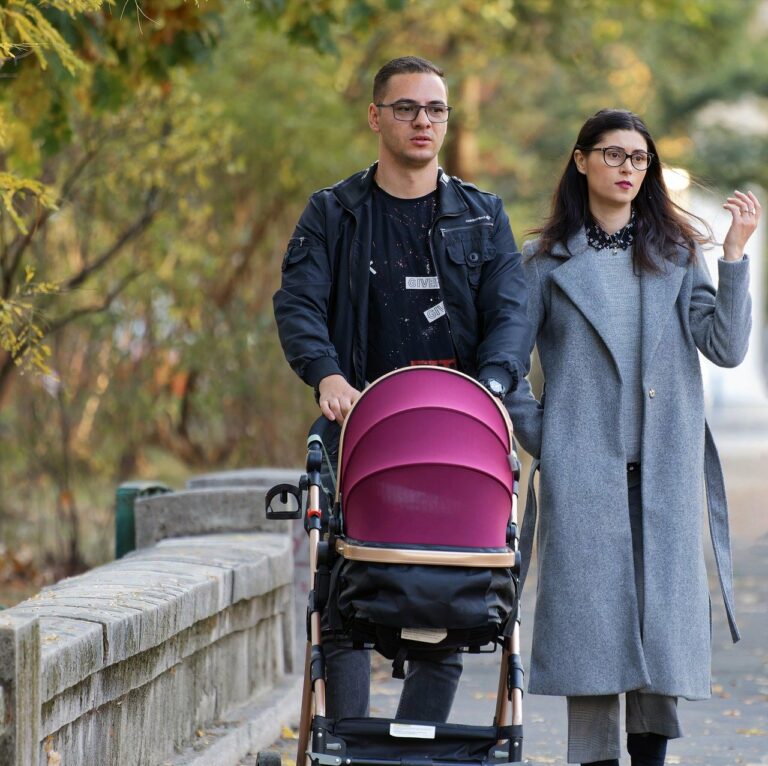Sustainable Food Storage Solutions: Reducing Plastic Waste in the Kitchen
Eco-friendly food storage containers are a sustainable option for those looking to reduce their environmental impact. These containers are typically made from materials like glass, stainless steel, or silicone, which are all reusable and recyclable. By choosing eco-friendly food storage containers, individuals can help minimize their contribution to the growing plastic pollution problem plaguing our planet.
Additionally, eco-friendly food storage containers are free from harmful chemicals like BPA, phthalates, and PVC that can leach into food and potentially harm our health. This makes them a safer choice for storing food, especially when heating or freezing items. By opting for eco-friendly containers, individuals can enjoy peace of mind knowing that their food is being stored in a way that is not only environmentally friendly but also safe for their well-being.
Alternatives to Plastic Wrap for Food Preservation
Many individuals are seeking alternatives to plastic wrap for preserving their food. Beeswax wraps have become a popular choice as they are reusable and can be moldable to cover various food items effectively. Made from a combination of beeswax, cotton fabric, and natural oils, these wraps can help keep food fresh while reducing plastic waste.
Another eco-friendly option is silicone food covers. These stretchable covers can be used to seal containers, bowls, or directly wrap around fruits and vegetables. Silicone is a durable material that is dishwasher safe and can withstand both cold and heat, making it a versatile choice for food preservation.
How to Properly Store Fruits and Vegetables Without Plastic
When storing fruits and vegetables without plastic, it is essential to keep in mind proper ventilation. Items such as apples, citrus fruits, and potatoes should be stored in a cool, dry place with good air circulation to prevent spoilage. For leafy greens and herbs, wrapping them in a damp cloth before placing them in the refrigerator can help maintain their freshness for a longer period.
Another important aspect to consider when storing fruits and vegetables without plastic is to separate ethylene-producing fruits from ethylene-sensitive produce. Ethylene is a natural gas that some fruits emit as they ripen, which can speed up the ripening process of other fruits and vegetables. By keeping ethylene-producing fruits like bananas, avocados, and tomatoes away from items like lettuce, broccoli, and carrots, you can prevent premature spoilage and maintain the quality of your produce.
What are the benefits of using eco-friendly food storage containers?
Using eco-friendly food storage containers helps reduce plastic waste, is better for the environment, and can also help keep your fruits and vegetables fresher for longer.
What are some alternatives to plastic wrap for food preservation?
Some alternatives to plastic wrap for food preservation include beeswax wraps, silicone food covers, glass containers, and cloth produce bags.
How can I properly store fruits and vegetables without plastic?
To properly store fruits and vegetables without plastic, you can use breathable containers, such as glass or ceramic, or store them in cloth produce bags in the refrigerator. Be sure to keep them dry and avoid overcrowding to prevent spoilage.







